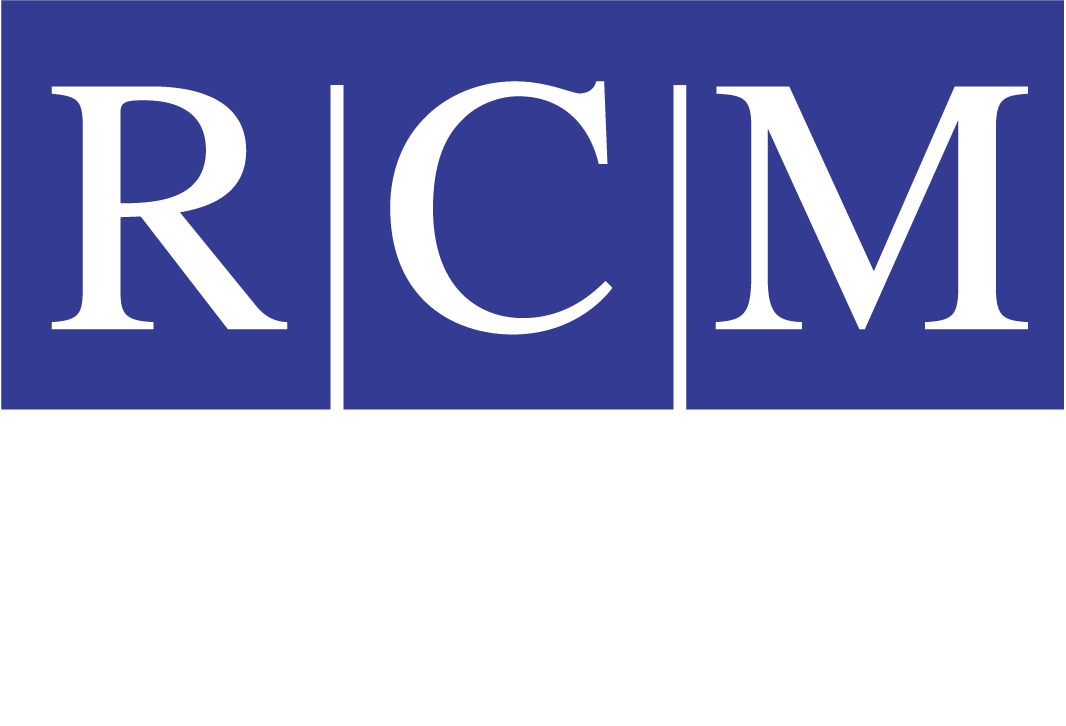 Residential Tenant’s Right to Repair Act
Residential Tenant’s Right to Repair Act
On January 1, 2005, a new law, the Illinois Residential Tenant’s Right to Repair Act goes into effect throughout Illinois. The law allows residential tenants, in certain instances, to withhold a portion of their monthly rent and instead use that money to make repairs to a rental unit.
Conditions
For the tenant to repair and deduct, the circumstances must be as follows:
1) The repair is required under (a) a residential lease agreement or (b) a law, administrative rule, or local ordinance or regulation. For instance, a violation of the local municipal building code would be an acceptable matter for repair;
2) The reasonable cost of the repair must not exceed the lesser of (a) $500 or (b) one half of the monthly rent;
3) The tenant must notify the landlord in writing by registered or certified mail indicating that the landlord has fourteen days to make the repair or else the tenant will make the repair and deduct its cost from the rent
4) If the landlord fails to make the repair within fourteen days after notification by the tenant or more promptly in the case of an emergency repair, the tenant can have the repair made;
5) The repair work must be done by an appropriate tradesman or supplier and in a workmanlike manner, in accordance with appropriate law, administrative rule or local ordinance or regulation. The tradesman or supplier must (a) hold an appropriate license or certificate as required by State or municipal law to make the repair and (b) have adequate insurance to cover any bodily harm or property damage caused by the tradesman’s negligence or substandard performance. Insurance is important, as the tenant remains responsible for any damages caused by the tradesman or supplier;
6) The tradesman or supplier must be unrelated to the tenant;
7) Upon submission to the landlord of a receipt for the repairwork, the tenant may deduct the amount of the repair from the rent. The receipt must contain the name, address and telephone number of the tradesman or supplier or, if not, the tenant must supply that information to the landlord;
8) The item to be repaired must not be a condition caused by an omission, deliberate act or negligent act of the tenant, the tenant’s family or any other person on the premises with the tenant’s consent.
Exceptions
The law does not apply to tenants in public housing, condominiums, co-ops, non-residential tenancies, property covered by the mobile home landlord and tenant rights act or to owner-occupied rental property consisting of six or fewer units.
Eviction Defense
A tenant may not be evicted by a landlord for failure to pay rent (that was subsequently deducted for a repair) if the tenant complies in full with the statute. Obviously, the statutory requirements are quite technical, so it is important to follow the rules by the letter of the law.
How to Get Started
We provide counseling on landlord tenant issues. While the vast majority of our landlord tenant work is handled on behalf of the landlord, we do sometimes advise tenants on repair issues. The lawfulness of a decision to repair and deduct depends on the specific unique facts of each situation. In each case, you should consult with an attorney to determine if probate is appropriate. To get this process started, please feel free to contact Richard Magnone via email or by phone at 773-399-1122. We are generally willing to have a short (5 to 15 minutes) initial discussion over the telephone to determine if we can assist in your situation and to determine if we might be an appropriate match to work with you. Face to face Initial consultations are by appointment only and a consultation fee is generally charged.
